It all started with the 1992 Olympic Games, hosted in Barcelona. This is when Barcelona’s tourism industry really kicked into action. It’s hard to believe there was a time before this when Barcelona wasn’t on the mainstream tourist map. Since then, and especially since the advent and increasing number of low-cost airline flying in and out of the city, the number of tourists in Barcelona has been increasing at a startking rate and in the last few years it has started to feel more than just a tad overcrowded, especially in summer. In the decade after the 1992 Olympic Games, tourism to Barcelona more than doubled. This is undoubtedly due not only to effective marketing, but the fact that Barcelona really does have a whole lot to offer beyond its blue skies and beaches. Barcelona is a city historically proud, and rightly so, of its culture, creativity and diversity, all of which it oozes. Sadly, the city’s inherent charm and uniqueness feels to be at threat of being drowned out by the vast swathes of tourists piling out of low cost airline carriers and on to its streets. This is especially notable during the summer months. One disconcerting consequence of this is it drives the locals out of the city centre (indeed most tend to flee altogether during July and August), and with that goes a large part of what makes it so authentic, making all the generic features of any mass market tourist city much more prominent; the hop-on hop-off tour buses, crammed beaches, epic queues to get into tourist attractions, packed restaurants, and so on.
Table of Contents
Comfort and convenience
It’s not just the influx of enormous numbers of tourists that can threaten a city’s authenticity, its also the infiltration of big multinational chains. Just walking down La Rambla, you will pass McDonalds, KFC, Burger King and Starbucks. Many tourists, regressing into comfort-zone mode or whatever it is, are drawn into these oh-so-familiar establishments, rather than seeking out something more local and original. This is a phenomenon certainly not unique to Barcelona.
Indeed, comfort and convenience seems to have become a big driver in travel, pushing out that more intrinsic desire to see and experience something different. So, as well as the familiar global brands and names, we also find (and indeed expect to find) tourist-friendly English signs everywhere, guide books and apps to help us navigate our destination, etc. The result of this is that it makes us less inclined to interact with the locals. Thus our experiences become somewhat generic, barely differing to how we experience any other popular tourist destinations.
It’s important to state, t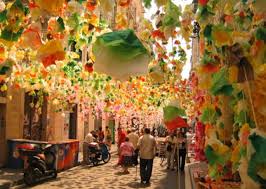


How to solve the problem
In the video below, TED speaker Doug Lansky, gives his views on how society might be able to reverse this modern trend towards safe mass market destinations, and bring back unique and authentic destinations for travellers.
As he states, it’s really a question of capacity. The airline carriers and hotels, of course, have their own maximum capacities which they strive to fill but of course can never go over. Yet the tourist attractions and city space are going increasingly over capacity. And so we have enormous queues for tourist attractions, and people fighting for a space to put their towel down on the beach. Lansky says that not providing quality visitor experience – from the moment they arrive until the moment they leave – can short-change the visitor and mean it’s not a great long term strategy for growth.
How can we grow tourism and limit it at the same time?
Be Unique. Barcelona has no real problems in this respect. Barcelona is a city situated within a distinct culture with some distinct traditions (think Castellers, Calcotadas and Sardanas to name a few), with a distinct history, distinct architecture, and of course a distinct language – Catalan. It also offers a very unique and diverse landscape, as the city stretches from the sea right up to the mountain of Tibidabo. It is so important, not least to the local people, to maintain the prominence of these unique and authentic features, and not to undermine them with the infiltration of generic mass tourism features.
Managing capacity
One obvious solution is to limit the number of flights coming into cities such as Barcelona every day. From an objective stance, I think this is an almost critical part of the solution to the problem of overcrowding. But from a purely selfish stance, I love the fact my friends and family can take advantage of regular cheap flights to come out and visit whenever they wish!
Another aspect of managing the problem is by enabling tourists to make an informed decision. If only we could somehow be able to see, when searching flights and hotels, how busy the attractions are going to be at that time. This however, is something that needs to be resolved and proviced on the part of the flight and hotel companies.
So what can travellers do to find authenticity?
Feed your own personal interests. Whether it’s running, yoga, drawing, cooking, or something altogether more quirky, there are groups and clubs catering to almost every conceivable interest in Barcelona. For an idea of the vast range of groups and activities you can join, just take a look on the Barcelona Meetups website. This is probably the best way to get a truly authentic and quality experience in Barcelona, as well as making friends with people in an organic way. We all have our own intrinsic interests and motivations and by feeding these we come away feeling enriched.
As Lansky says, you should “travel like a guidebook writer, not a guidebook reader”. So, if you are looking for a place to eat or an interesting event or exhibition, check local review magazines or online for up to date information. The SHBarcelona blog can provide you with plenty of inspiration to make your time in Barcelona truly authentic, original and enjoyable!









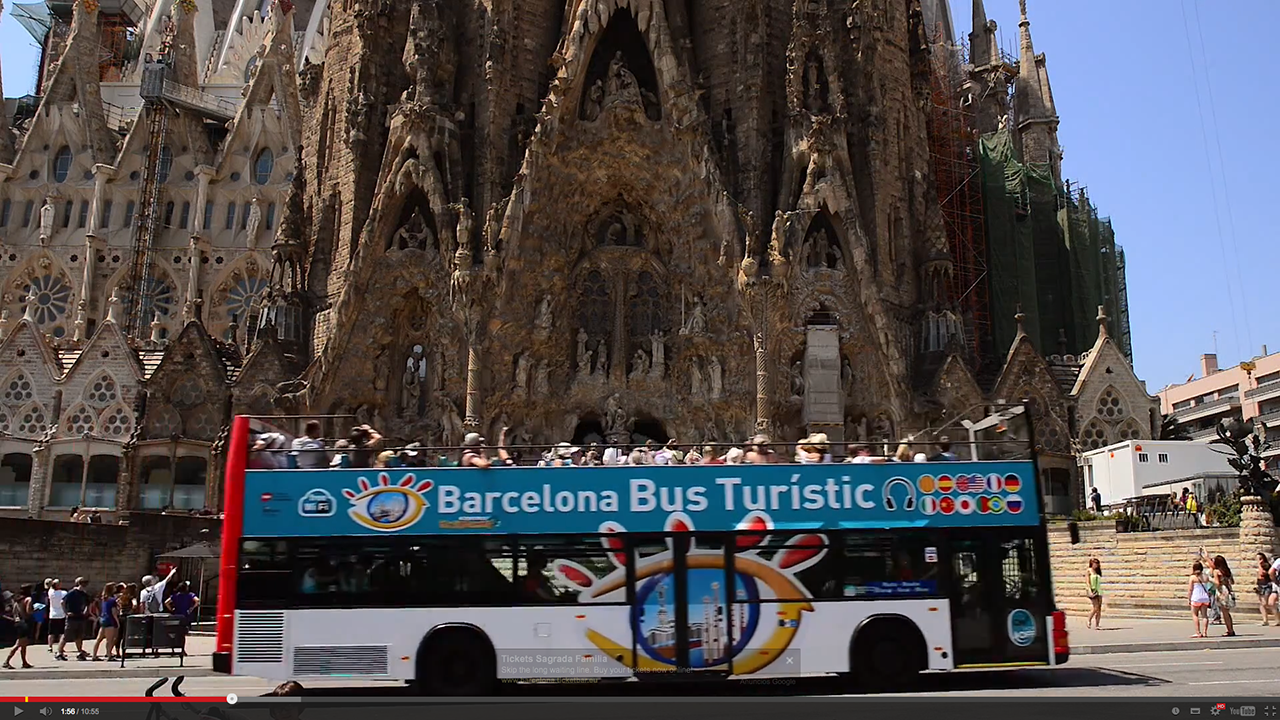
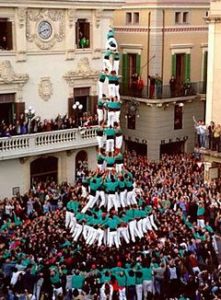
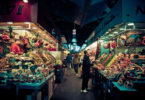




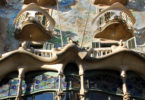




Leave a Comment